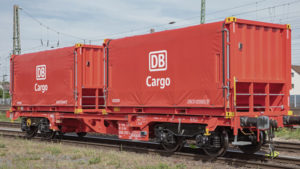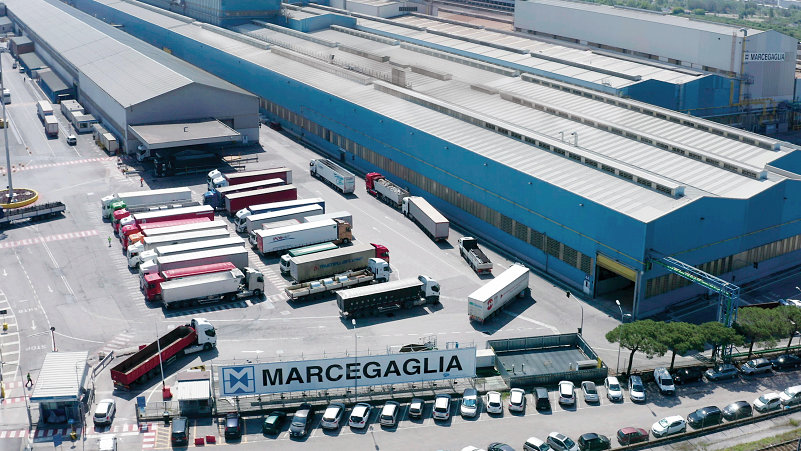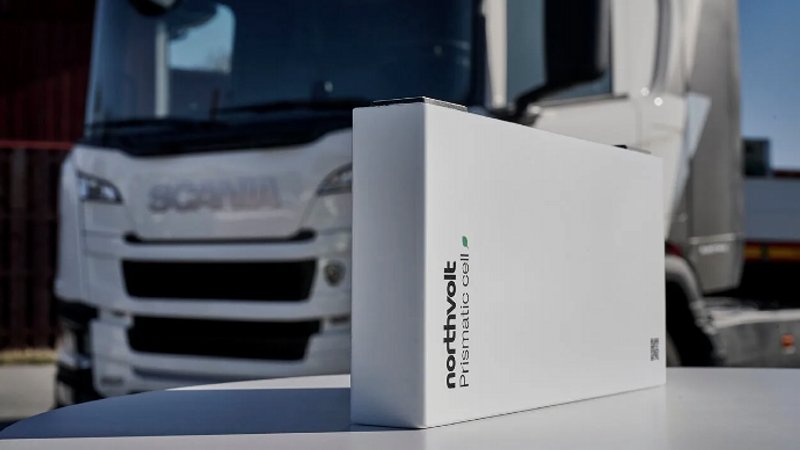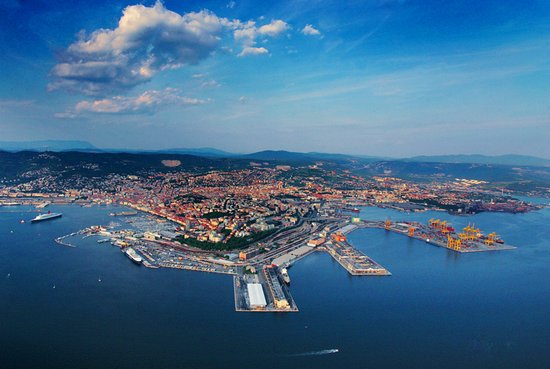In March 2025, DB Cargo published its results for 2024, which, while showing signs of recovery, still reflect operating losses. This marks another phase in a prolonged crisis, characterised by financial losses and declining traffic, which has forced the company into a sweeping restructuring plan in an attempt to reverse the trend.
Historically the dominant force in rail freight transport in Germany, DB Cargo has seen its market share eroded dramatically. Between 2007 and 2023, its share dropped from 80 per cent to 39 per cent, with private rail companies now controlling 61 per cent of the sector. The performance gap has widened as well: in 2023, DB Cargo transported 57 billion tonne-kilometres, compared to 78 billion moved by its competitors.
The year 2024 brought a further decline in freight volumes, down to around 180 million tonnes, a 9 per cent fall from the already weak 2023 figure of 143.1 million tonnes. Transport performance slipped to 68.5 billion tonne-kilometres, representing a 7.9 per cent decrease. This decline was driven by several factors, including sluggish economic conditions, a downturn in intermodal traffic, train driver strikes, and the continued inadequacy of the German rail infrastructure. Energy-intensive sectors such as automotive and steel were among the hardest hit.
From a financial standpoint, 2024 marks a step forward compared to 2023, but the path towards financial sustainability remains long. Preliminary figures indicate an operating loss (Ebit) reduced to 357 million euros, down 140 million from the previous year, and a modest yet positive Ebitda of 66 million euros. However, revenue fell by 3.2 per cent, reaching 5.4 billion euros. The 2023 picture was even bleaker, with post-tax losses amounting to 583 million euros and turnover at 3.79 billion. That year’s rise in revenue had been driven by price increases and a spike in coal transport linked to the European energy crisis, though this growth was insufficient to offset severe infrastructure issues and falling demand.
The situation took a decisive turn in 2024 when the European Commission barred Deutsche Bahn from continuing to cover the losses of its subsidiary DB Cargo. This decision imposed a clear deadline: the company must return to profitability by the end of 2026 or risk being forced to repay 1.9 billion euros it had already received in state aid. In response, DB Cargo launched a drastic restructuring plan involving the elimination of 5,000 jobs, primarily in the eastern Länder, the introduction of a new sector-based organisational structure, increased operational autonomy for its divisions, and a rationalisation of services to focus on economically viable operations.
Despite the ongoing challenges, DB Cargo retains an extensive infrastructure. It operates on 33,000 kilometres of network in Germany, with 78,000 wagons and 2,700 locomotives, managing up to 20,000 trains per week across eighteen European countries. The company remains a key player in logistics corridors between Europe and Asia through its DB Cargo Eurasia subsidiary, which runs regular connections between China and several European cities.





































































